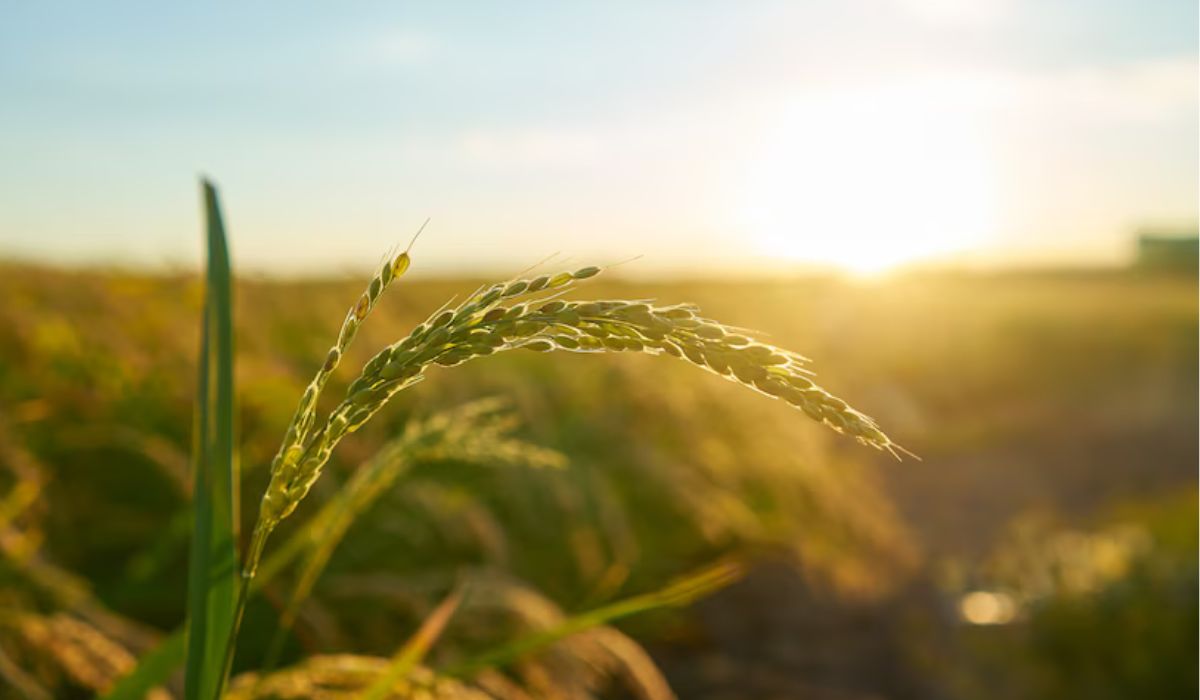The concept of Farmer Producer Organizations (FPOs) has gained momentum in recent years as a means to empower small farmers by helping them aggregate their produce, thereby gaining better access to markets, technology, and resources. FPO corn initiatives are a vital part of this movement, specifically aiming at improving corn production, profitability, and sustainability for smallholder farmers.
What is FPO Corn?
FPO corn refers to corn produced and marketed under the framework of an FPO. An FPO is a legally established body made up of small farmers who organize themselves into a collective. These organizations can take the form of cooperatives, societies, or even companies. Their purpose is to pool resources, share knowledge, and gain better negotiating power in the marketplace. In the context of corn, FPOs enable small farmers to increase their production, access better quality seeds, and sell their produce at higher prices.
The Importance of Corn in Agriculture
Corn (maize) is one of the most important cereal crops globally and a staple food for millions of people. It is used not only for human consumption but also as a critical feed crop in the livestock industry. Furthermore, corn is a vital raw material for industrial products like ethanol, starch, and biofuel. Given its versatile nature and the global demand for the crop, improving corn production has significant implications for food security and economic development.
How FPOs Benefit Corn Farmers
FPO corn initiatives provide numerous benefits to farmers, particularly smallholders, who often face challenges such as limited access to inputs, high production costs, and market inefficiencies. By joining an FPO, farmers can access the following advantages:
- Access to Quality Seeds and Inputs: Through FPOs, farmers gain access to high-quality seeds, fertilizers, and other agricultural inputs at competitive prices. This helps improve crop yield and reduces the overall cost of production.
- Collective Bargaining Power: Individually, small farmers have little influence over market prices. FPOs, by aggregating the produce of multiple farmers, can negotiate better prices with buyers, thereby improving the income of member farmers.
- Technical Assistance and Training: Many FPOs provide members with access to agricultural experts who offer guidance on best practices for corn cultivation, pest management, and crop rotation. This helps farmers adopt modern farming techniques and increase productivity.
- Access to Credit and Financial Services: FPOs can secure better terms for credit and financial services from banks and financial institutions. This enables farmers to invest in their crops and scale up production without being burdened by high-interest loans from informal lenders.
Sustainability and Environmental Benefits
In addition to economic advantages, FPOs also promote sustainable farming practices. By sharing knowledge on crop diversification, soil health management, and organic farming methods, FPOs help farmers reduce their dependence on chemical inputs, conserve water, and maintain soil fertility. In the long run, these practices contribute to the ecological sustainability of corn production.
Challenges Faced by FPO Corn Initiatives
Despite the clear benefits, FPO corn initiatives face several challenges. These include limited access to markets, lack of infrastructure, and bureaucratic hurdles. Furthermore, FPOs often struggle with capacity-building issues, as many farmers lack the education and resources to manage large-scale collective enterprises. Another challenge is gaining the trust of farmers who are used to working independently and may be hesitant to join collective efforts.
The Future of FPO Corn
The potential for FPOs to transform corn production is significant. As more governments and organizations recognize the importance of FPOs, there is growing support in the form of subsidies, grants, and policy reforms aimed at facilitating the growth of these organizations. With the right support, FPO corn initiatives can improve the livelihoods of millions of smallholder farmers, enhance food security, and contribute to sustainable agricultural practices.
Conclusion
FPO corn is a key component in the larger effort to revolutionize agriculture for smallholder farmers. By empowering farmers through collective action, FPOs provide access to critical resources, improve market access, and promote sustainable farming practices. While challenges remain, the future of FPO corn holds the promise of enhanced productivity, profitability, and environmental sustainability in the corn sector.











